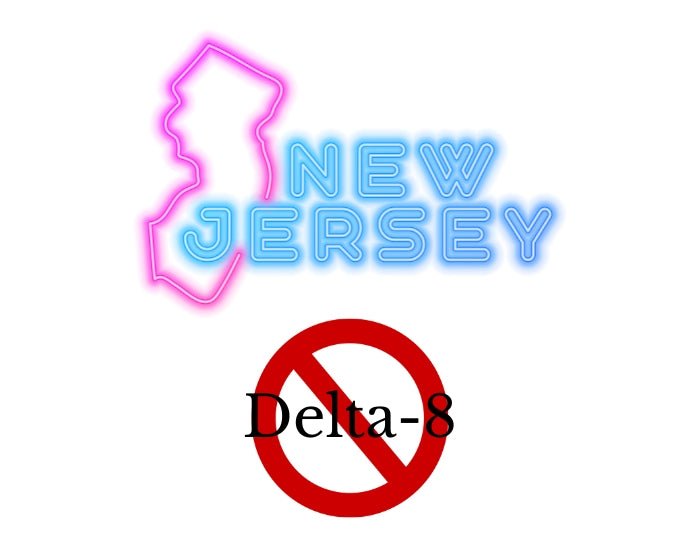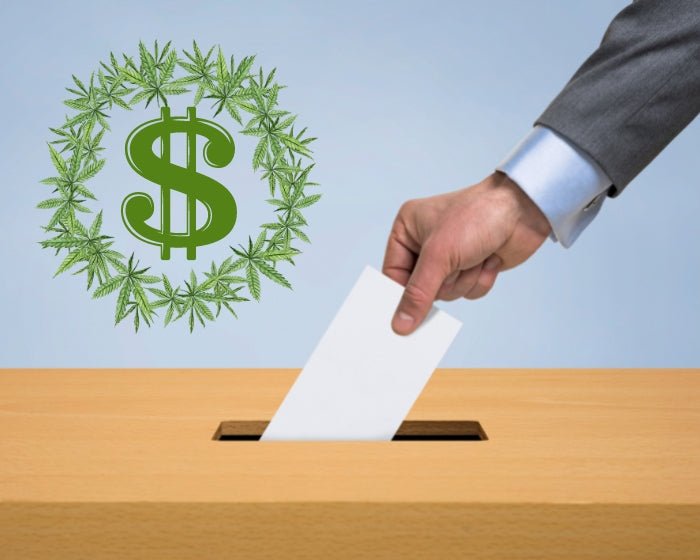The regulatory agency has recently come under fire for failing to enact regulations regarding CBD and other hemp-derived products.

In a recent interview with the U.S. Hemp Roundtable, Rep. James Comer (R-KY), the new chairman of the House Oversight and Accountability Committee, announced he would be opening an investigation of the U.S. Food and Drug Administration’s handling of its regulatory jurisdiction of CBD and other hemp-derived products.
According to multiple news outlets, Comer has said he will bring FDA Commissioner Robert Califf and other high-ranking FDA officials before the committee to answer for the agency’s lack of action concerning implementing regulations for hemp-derived products like CBD. In addition, Comer, who helped pass the 2018 Farm Bill, which made hemp and hemp products legal once again at the federal level, is also seeking answers as to why the FDA has let other areas of its jurisdiction lapse from a regulatory perspective as well.
Comer said, “I want to bring the FDA commissioner in front of the committee, and this is one of the things that we want to talk about. It’s not just their lack of action with respect to CBD and other types of hemp—it’s their inaction regarding a lot of areas of their jurisdiction.”
"I want to bring the FDA commissioner in front of the committee, and this is one of the things that we want to talk about. It’s not just their lack of action with respect to CBD and other types of hemp—it’s their inaction regarding a lot of areas of their jurisdiction.”
- Rep. James Comer (R-KY), Chairman of the House Oversight and Accountability Committee
Critics of the FDA are frustrated mainly by the slow progress regarding federal rules for CBD. The FDA has said that more research is needed to determine the safety and effectiveness of CBD and other hemp-derived product offerings. The agency and its officials point to the fact that there is very little scientific research indicating how much CBD can be safely consumed, and for how long, before causing harm. The potential risk to children and pregnant women is of particular concern.
The problem is that CBD exists in a somewhat nebulous gray area in many areas of the country. With the passage of the 2018 Farm Bill, hemp and its related products like CBD became legal at the federal level. However, legal does not always equate to safe and reliable. For example, certain studies have indicated that consuming CBD could cause possible harm to the male reproductive system, including testicular atrophy. It could also cause damage to the liver and have harmful interactions with certain other medications.
FDA is in charge of a massive array of products, with hemp and CBD encompassing a relatively small percentage. However, since the enactment of the Farm Bill, the FDA and a myriad of state agencies have been overwhelmed with a glut of new, mostly untested hemp-based products, chief among them CBD.
It has created a frustrating impasse for the hemp industry and its advocates, like Comer, and agencies like the FDA charged with regulating the newly created market. Regardless, patience for the slow movement on the part of Califf and his staff is wearing thin.
As U.S. Hemp Roundtable’s Jonathan Miller shared in that same interview, “FDA has received numerous letters from bipartisan lawmakers about the need to create a regulatory framework that allows for the marketing of hemp-based products in the food supply or as dietary supplements.”
"FDA has received numerous letters from bipartisan lawmakers about the need to create a regulatory framework that allows for the marketing of hemp-based products in the food supply or as dietary supplements.”
- Jonathan Miller, U.S. Hemp Roundtable
Despite these calls to action, FDA has spent most of its enforcement capital on issuing warning letters to arbitrarily chosen CBD businesses and denying cannabinoid marketing applications. Other examples of the agency’s somewhat random and tepid response to CBD regulatory enforcement include:
- Sending letters to four cannabis companies for allegedly making unfounded claims regarding the medicinal benefits of CBD products for animals.
- Warning consumers about cannabis-infused copycat food offerings resembling popular brands and the potential risk of children accidentally ingesting THC.
- Issuing its first set of warnings to CBD businesses over the allegedly illegal sale of products containing the controversial and popular delta-8 THC cannabinoid.
While necessary and prudent, these actions amount to placing a band-aid over a bullet wound to many stakeholders. Watchdog groups like the U.S. Hemp Roundtable would prefer to see the FDA enact regulations with some real teeth to them, such as:
- Increase the THC level for hemp plants from 0.3% to 1.0%.
- Set limits for THC levels in finished consumer products.
- Classify CBD and other cannabinoids as food and beverage ingredients.
These actions alone would not solve all the issues and challenges facing the burgeoning CBD and hemp industry, but for many, they would be a good start. To its credit, the FDA did appoint a cannabis policy expert last October, which seemed to indicate that the agency was finally beginning to foster a regulatory framework for hemp and CBD.
The purpose of the committee hearing may be to motivate the agency and its leadership to take concrete action and seriously begin enacting meaningful regulations and enforcement for CBD and other hemp-derived products. However, it may also serve as an opportunity for both sides to come together, share information and work to generate solutions that satisfy all parties - a novel concept in Washington these days.







































